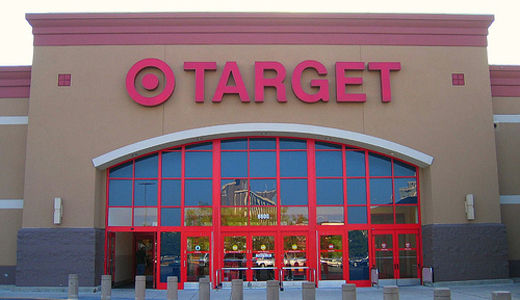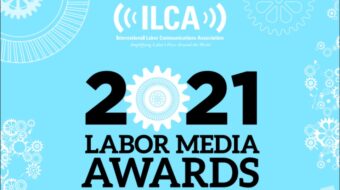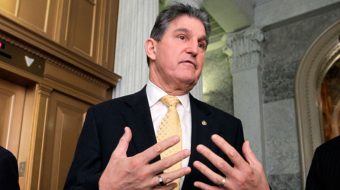
Fearing that labor and progressive groups will soon shift much of their focus from health care reform to a bill that would expand union organizing rights, retailers across the country are stepping up their anti-union campaigns.
A revised training video showing now at Target Corp. stores warns workers against the Employee Free Choice Act, a bill that would make union organizing easier.
Craig Milum, president of Milum Textile Services, an Arizona linen supplier, told Bloomberg recently that “the whole culture that currently allows us to be a low-cost producer would probably be destroyed by the legislation.”
Milum, like many other companies, is putting out anti-union videos as part of its regular training programs. Requiring all of its workers to sit through anti-union meetings. The company also, like many others, is making use of outside union-busting consultants.
While companies usually hired such consultants when union organizing drives began they are now bringing them aboard to make pre-emptive strikes against the Employee Free Choice Act.
Since September 45,000 workers at Milum have been forced to watch the video which warns them that passage of the EFCA would mean “You may be paying weekly dues for something you don’t want.”
Michaels Stores Inc. has sent out a letter to investors warning that “our businesses could be impacted” if the EFCA passes.
The number of company executives enrolled in Jackson Lewis LLP’s “How to Stay Union-Free Seminars” has tripled as businesses move to thwart passage of the labor law reform measure which is backed by President Obama.
The bill stalled in Congress because of the health-care debate but is expected to pass this year.
The U.S. Chamber of Commerce continues to leading the charge against labor law reform. “As we approach the 2010 elections, the unions are really going to want their pound of flesh,” said randy Johnson, a spokesman for the Chamber. “Even if we defeat the card-check bill, it’s entirely possible that other changes to the National Labor relations Act will come up, and some of those will likely make it easier to organize the workplace,” he warns.
To get the votes in Congress that they need for passage, supporters of the EFCA may have to settle for a version that drops the requirement that companies agree to union recognition as soon as a majority of employees sign cards saying they want a union.
One such compromise calls for a secret-ballot election a week after workers petition for a union.
The revised training video being shown at Target tells workers that “if proposed labor relations legislation is adopted, allowing third-party involvement or interruptions, our business could be impacted.”
Union leaders say that the union-busting business itself, in order to hike its own profits, is taking advantage of business fears about the EFCA. “Exploiting business fears of the Employee Free Choice Act has become a profitable pursuit,” said pat O’Neill, organizing director for the United Food and Commercial Workers.
O’Neill said his union is receiving calls from workers at CVS, Ikea, and Target about captive audience meetings with anti-union themes at stores where there is currently no union organizing going on. He said the goal is to pre-empt support for the Employee Free Choice Act.
“They try to scare the hell out of them, and it’s over the top,” O’Neill said.
Mona Liss, a spokesperson for Ikea, denied a special effort was being made to combat the EFCA. “We are constantly engaging our workers about unions,” she said.
Carolyn Castel, a public relations director for CVS, said it is CVS policy to “communicate with our employees on an ongoing basis on a variety of issues.”












Comments